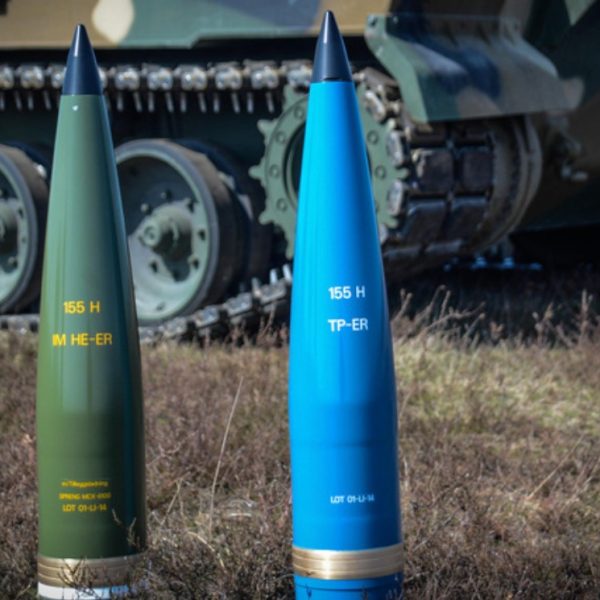
Erkin Oncan
Public trust in defence spending - ultimately, for the proxy war against Russia in Ukraine - risks further erosion as taxpayers see an alliance unable or unwilling to police its own procurement processes.
NATO's central procurement arm, the Luxembourg-based NSPA, has become the focus of a widening corruption scandal that raises far deeper questions than the arrest of a few officials. What is emerging is not merely a story about individuals taking bribes, but about a procurement system that has grown opaque, unaccountable, and increasingly vulnerable to private interests feeding off NATO's expanding military budgets.
Investigations led by Belgian prosecutors, coordinated through Eurojust and involving Luxembourg, Spain and the Netherlands, have uncovered suspicions ranging from leaking confidential tender information to laundering illicit payments through shell consultancy firms. Some NSPA personnel are alleged to have passed sensitive procurement data to select defence companies in exchange for covert rewards. These were not trivial contracts: drones, ammunition and other high-value military systems lie at the centre of the probe - areas directly affecting NATO's operational capacities. NATO's leadership rushed to issue the standard line of "zero tolerance for corruption," insisting that the agency is cooperating fully with national authorities. But such statements sound hollow without transparency, accountability, or a willingness to confront the structural weaknesses that allowed these practices to take root.
The significance of NSPA cannot be overstated. It manages billions of euros' worth of joint procurement for NATO member states and is expanding its remit as Europe increases defence spending and accelerates its armament programs. When procurement of this scale takes place behind closed doors, the risks multiply: public funds become vulnerable to siphoning, tender processes become susceptible to manipulation, and strategic dependencies can be shaped not by security needs but by the profit motives of a handful of companies and intermediaries.
Patterns emerging from journalism collaborations and internal documents suggest structural, not incidental, failures: weak oversight mechanisms, a culture of secrecy, and a procurement architecture heavily reliant on external consultants. In some cases, whistleblowers report being discouraged or ignored, raising the possibility that internal resistance to misconduct was actively stifled. This undermines the notion that the scandal is the result of isolated wrongdoing and instead points to deeper systemic rot inside NATO's procurement framework.
A broader critique is unavoidable. As NATO expands its defence procurement appetite under the banner of "collective security," it funnels vast amounts of public money into increasingly complex military supply chains with minimal democratic supervision. The result is a procurement ecosystem where militarisation grows unchecked, private contractors accumulate influence, and public accountability erodes. The NSPA scandal is ultimately a symptom of this imbalance: a defence alliance claiming democratic legitimacy while managing enormous budgets through structures that are anything but transparent.
The consequences are potentially far-reaching. Public trust in defence spending - ultimately, for the proxy war against Russia in Ukraine - risks further erosion as taxpayers see an alliance unable or unwilling to police its own procurement processes. Should sensitive procurement data indeed have been exploited, the integrity of NATO's armament plans may have been compromised, allowing certain suppliers to distort competition or inflate prices. Over time, such distortions would entrench a procurement environment dominated by a limited set of defence firms, reducing competition and raising costs for every member state.
Addressing this crisis requires more than internal reviews and vague promises of reform. Whistleblowers must be protected rather than sidelined, and procurement processes opened to civilian oversight rather than shielded behind overbroad claims of military secrecy.